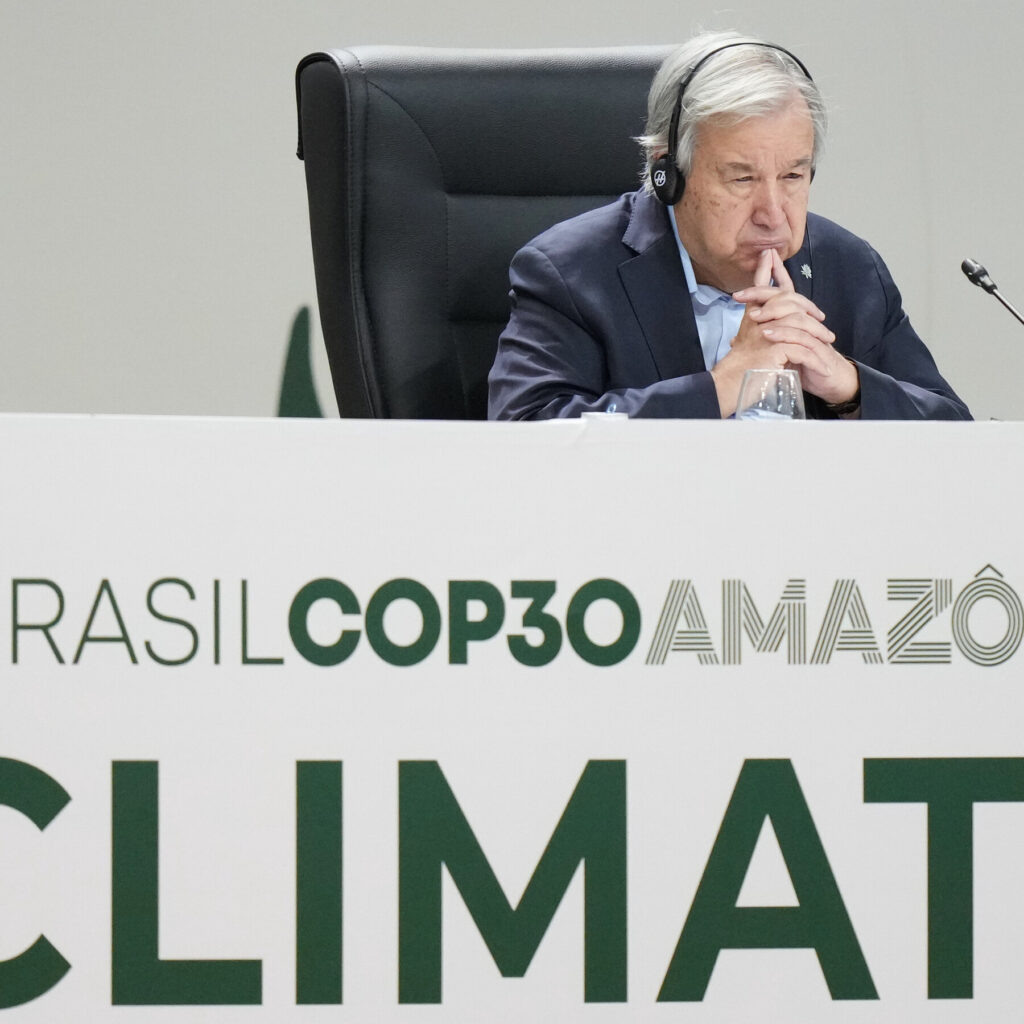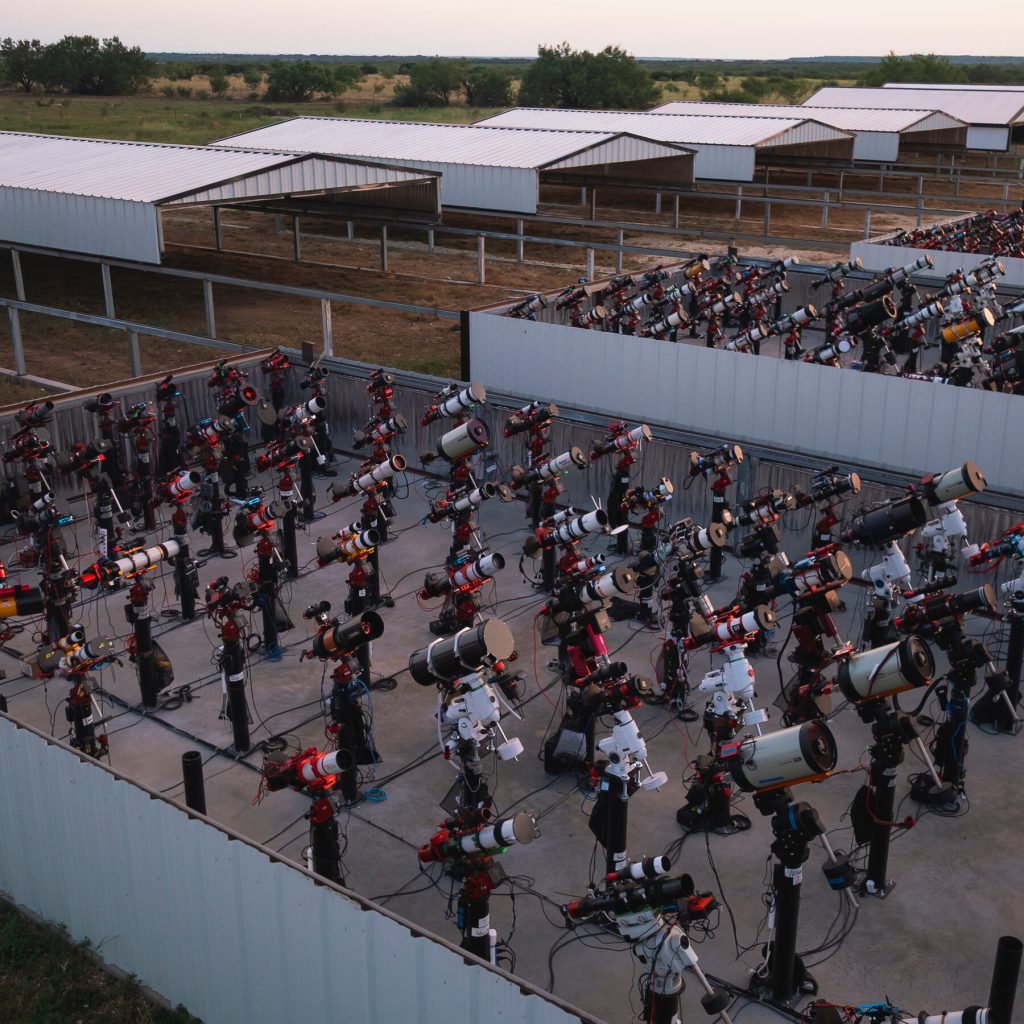Trump’s Climate Diplomacy: Hardball Tactics Unveiled as Brazil Hosts Global Summit

As the United Nations climate conference convenes in São Paulo this week, a rare look behind the curtain reveals how the Trump administration is navigating the high‑stakes arena of international climate politics. While the world’s leaders gather publicly to discuss carbon‑cutting targets and financing for vulnerable nations, U.S. officials are reportedly employing a blend of traditional diplomatic pressure and unconventional “hardball” maneuvers that have long characterized the former president’s approach to foreign policy.
A Closed‑Door Strategy
According to sources with direct knowledge of the U.S. delegation’s preparations, senior White House staff have been meeting privately with key allies—particularly Canada, Australia and several European capitals—to forge a coordinated front that can extract concessions from emerging economies. These sessions, held in undisclosed locations ranging from hotel conference rooms in Washington to secure video links, focus on three core objectives:
1. Securing Financial Commitments – The administration is pushing for increased contributions to the Green Climate Fund, but only if recipient countries agree to adopt stricter monitoring mechanisms that the U.S. can influence.
2. Protecting Fossil‑Fuel Interests – Delegates are negotiating language that would preserve “energy‑security exemptions,” allowing continued export of U.S. oil and gas under the guise of national security.
3. Limiting Liability – Negotiators are seeking clauses that shield American corporations from future litigation related to climate‑related damages, a demand that has drawn sharp criticism from activist groups.
These objectives are being pursued through a mixture of diplomatic incentives—such as promising technology transfer and investment in renewable infrastructure—and veiled threats, including the possibility of withdrawing existing bilateral aid if partners do not align with the U.S. agenda.
Hardball Tactics in Action
One of the more striking examples of the administration’s hardball style emerged during a pre‑summit meeting with the Brazilian Ministry of Environment. U.S. officials reportedly warned that failure to accommodate American positions on “energy transition timelines” could jeopardize a multi‑billion‑dollar trade agreement currently under negotiation. The warning, delivered through a senior aide rather than the ambassador, was described by insiders as “a classic Trump‑era power play: make the stakes personal, then walk away if the other side balks.”
In another instance, the White House’s Office of International Climate Policy allegedly used a “carrot‑and‑stick” approach with the European Union. While offering to share cutting‑edge carbon‑capture technology, the U.S. simultaneously hinted at re‑imposing tariffs on European steel—a move that would have significant economic repercussions for both sides.
Reactions from the International Community
The hardball tactics have elicited a mixed response. Delegates from small island nations, already grappling with rising sea levels, expressed concern that the United States is prioritizing corporate interests over global climate justice. “We came to São Paulo hoping for solidarity, not ultimatums,” said a spokesperson for the Alliance of Small Island States (AOSIS) during a closed briefing.
Conversely, several major economies appeared receptive to the U.S. overtures. A senior official from the German Ministry for the Environment noted that “constructive engagement, even when firm, can lead to pragmatic solutions that benefit all parties.” Nonetheless, the same official cautioned that “the tone of the negotiations must not undermine the broader goal of equitable climate action.”
Implications for Future Climate Policy
Analysts suggest that the Trump administration’s behind‑the‑scenes strategy could reshape the dynamics of future climate summits. By leveraging economic levers and diplomatic pressure, the U.S. aims to retain influence over the global climate agenda while minimizing domestic political fallout. However, critics warn that such an approach risks alienating vulnerable nations and could stall progress on critical issues like emissions reductions and climate finance.
“The real test will be whether these hardball tactics translate into tangible commitments that move the needle on climate change,” said Dr. Elena Martínez, a senior fellow at the Center for Global Governance. “If they do, the U.S. may preserve its leadership role. If not, it could find itself increasingly isolated as the world pivots toward more collaborative models.”
As the summit unfolds over the next several days, the world will watch closely to see whether the United States’ behind‑closed‑doors maneuvers will yield the desired diplomatic dividends—or whether the hardball approach will backfire, leaving the global climate agenda in a precarious balance.



